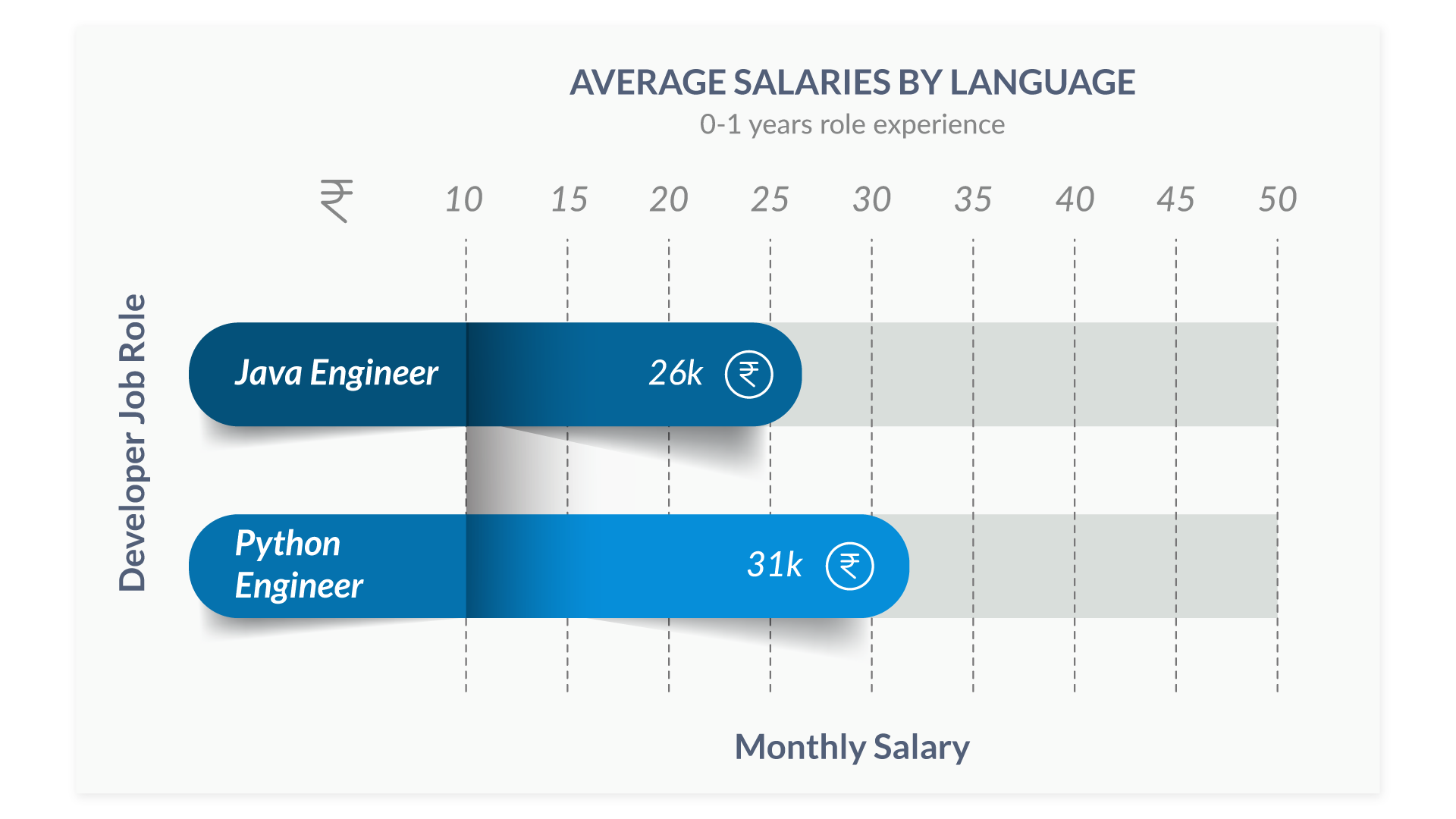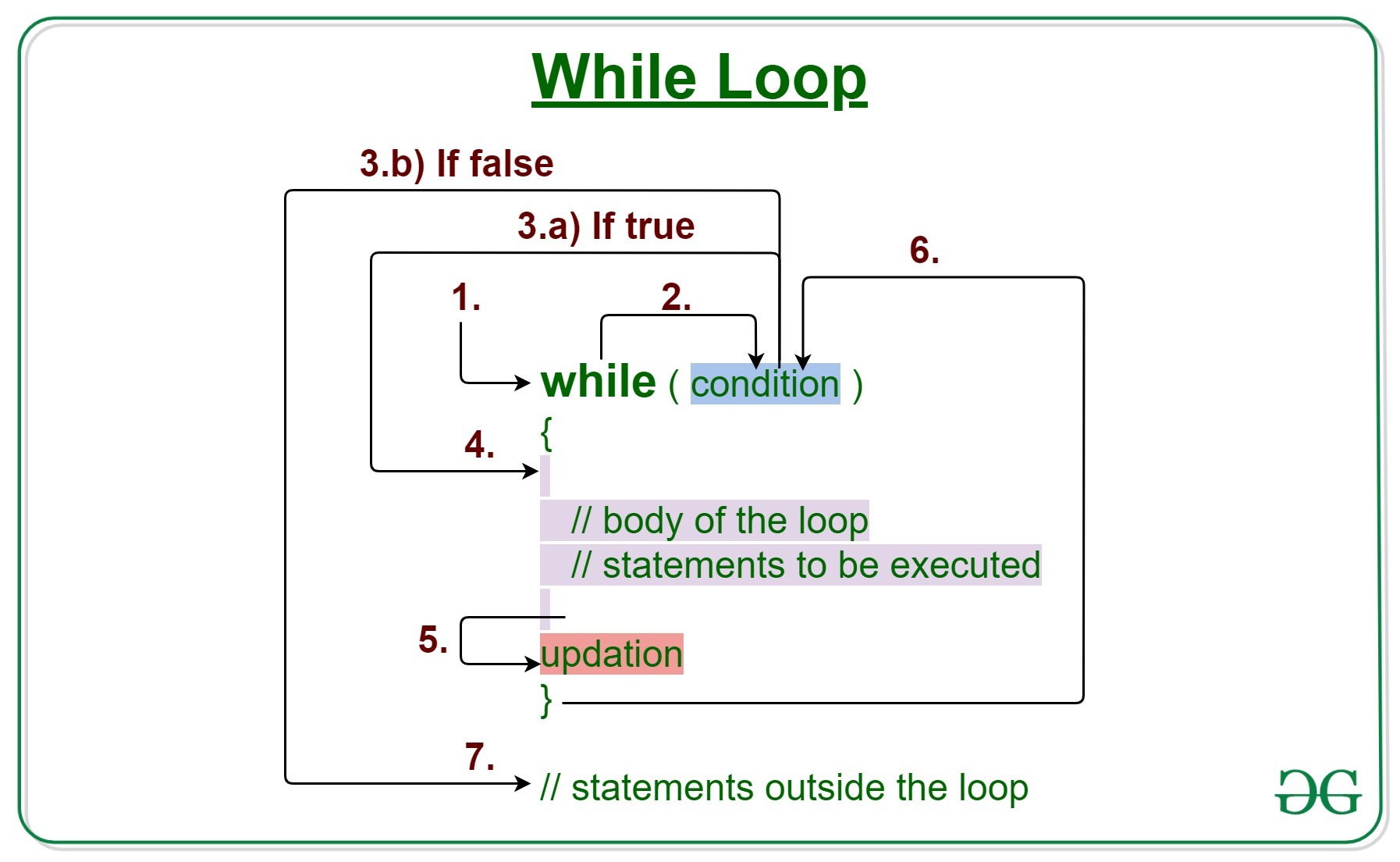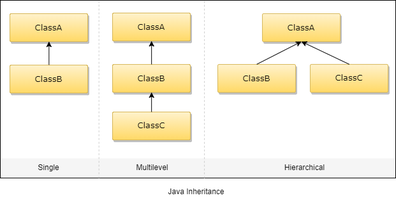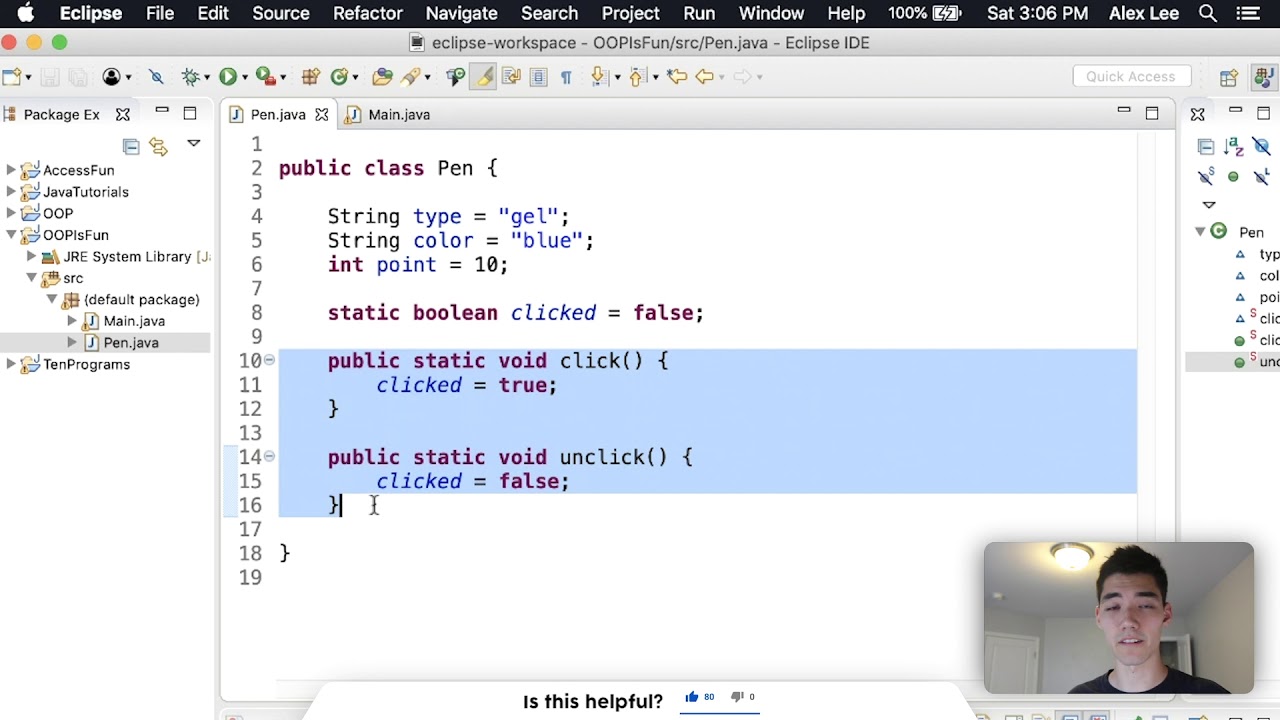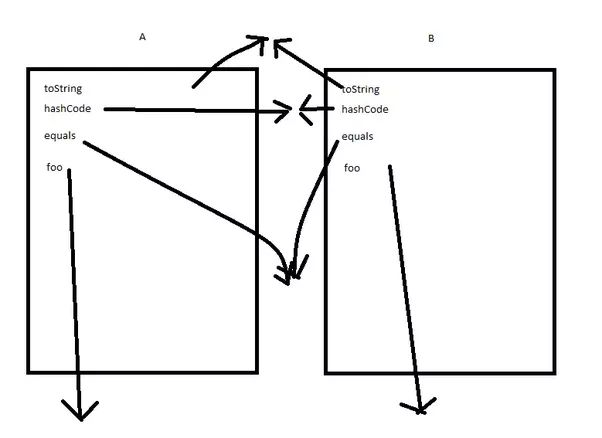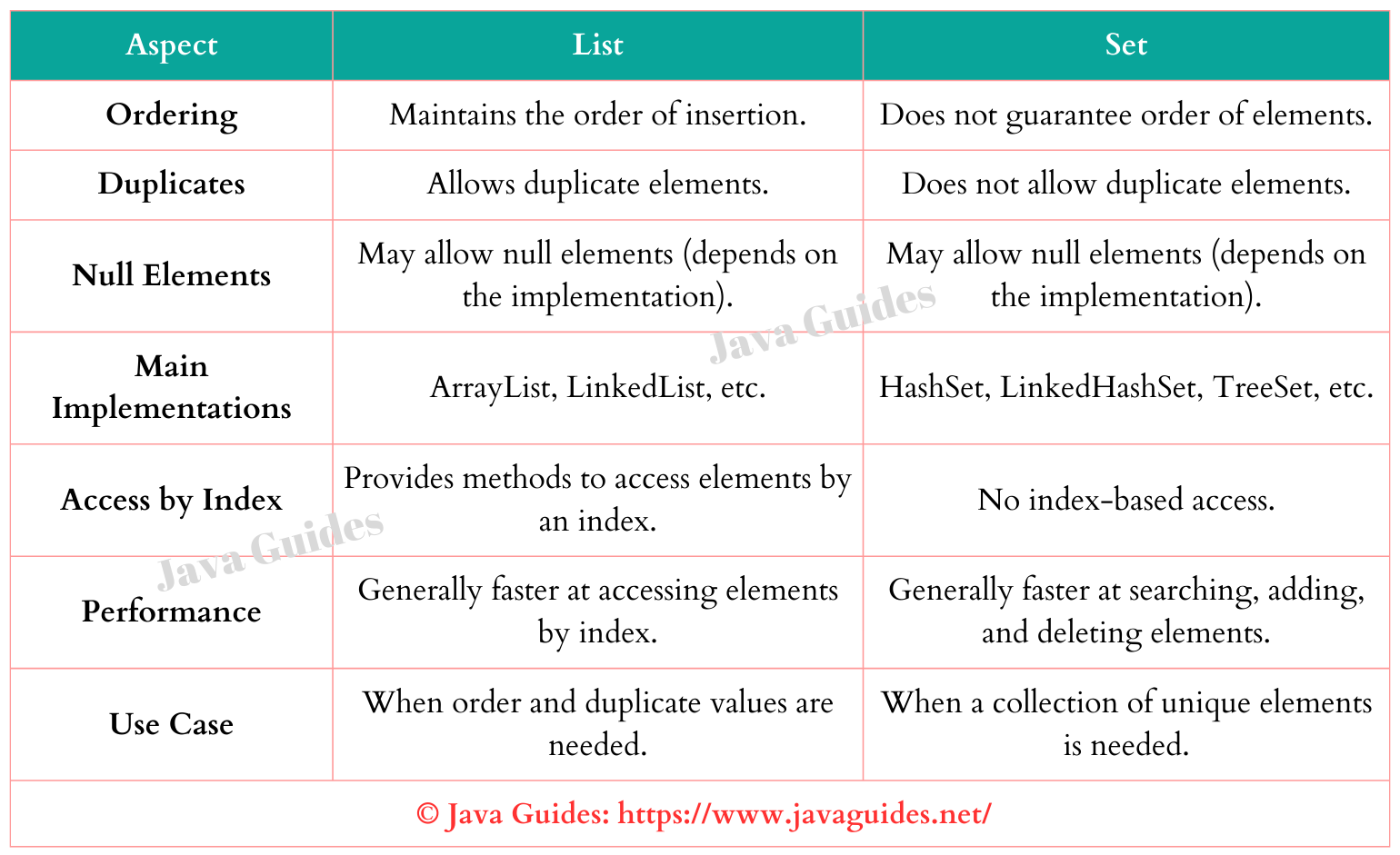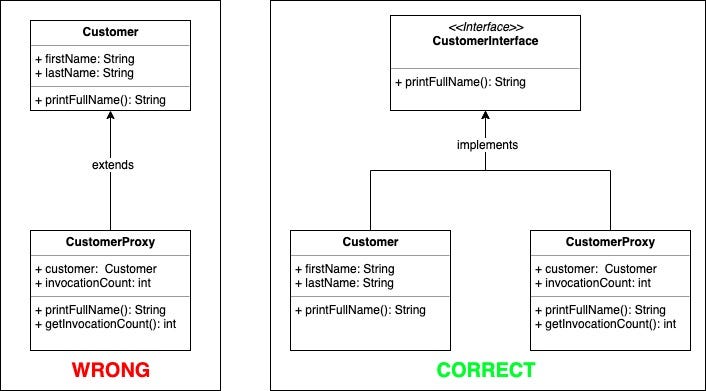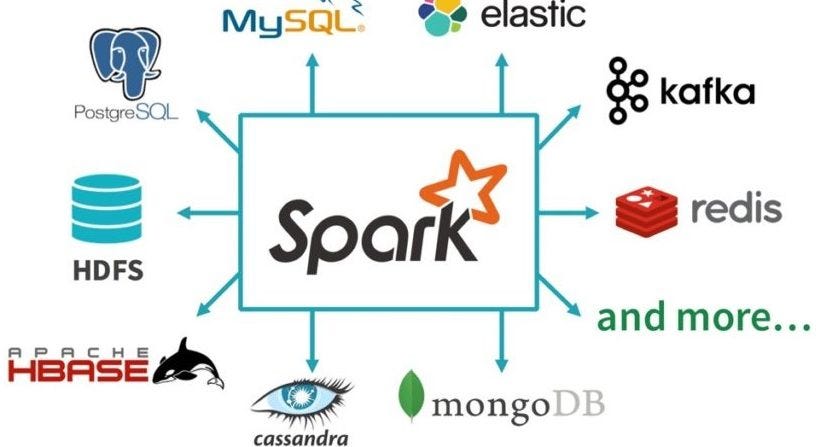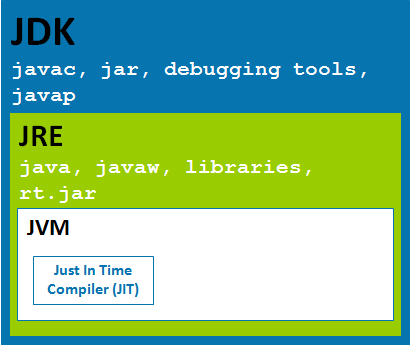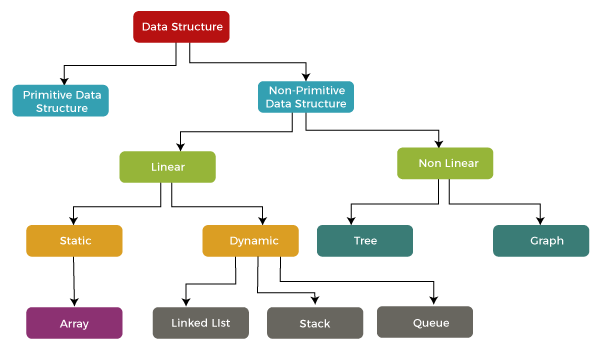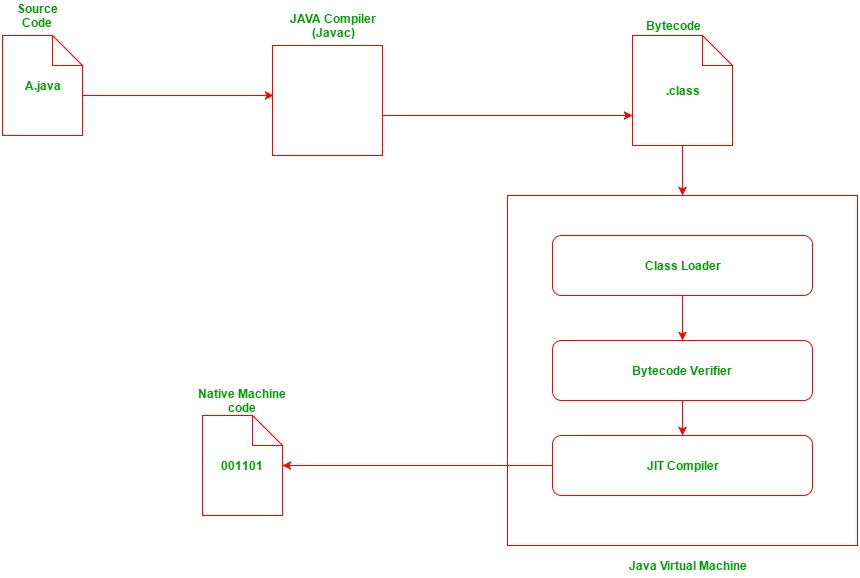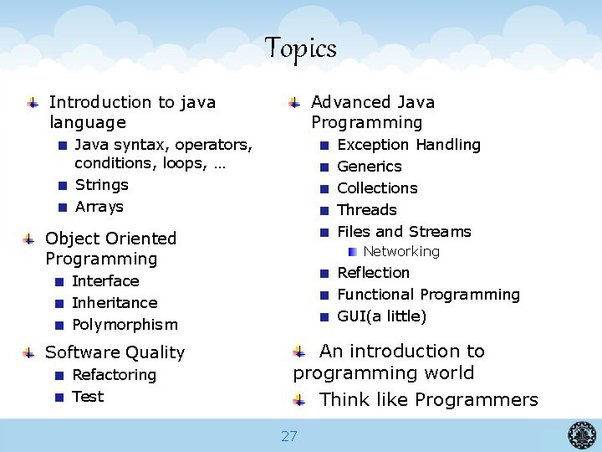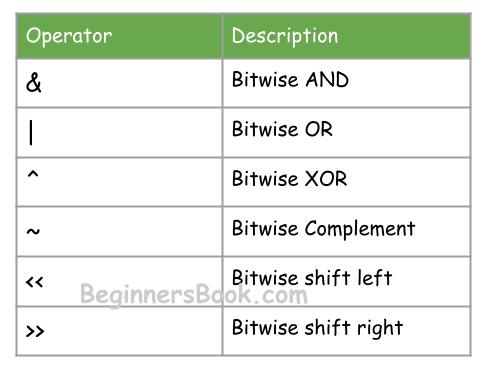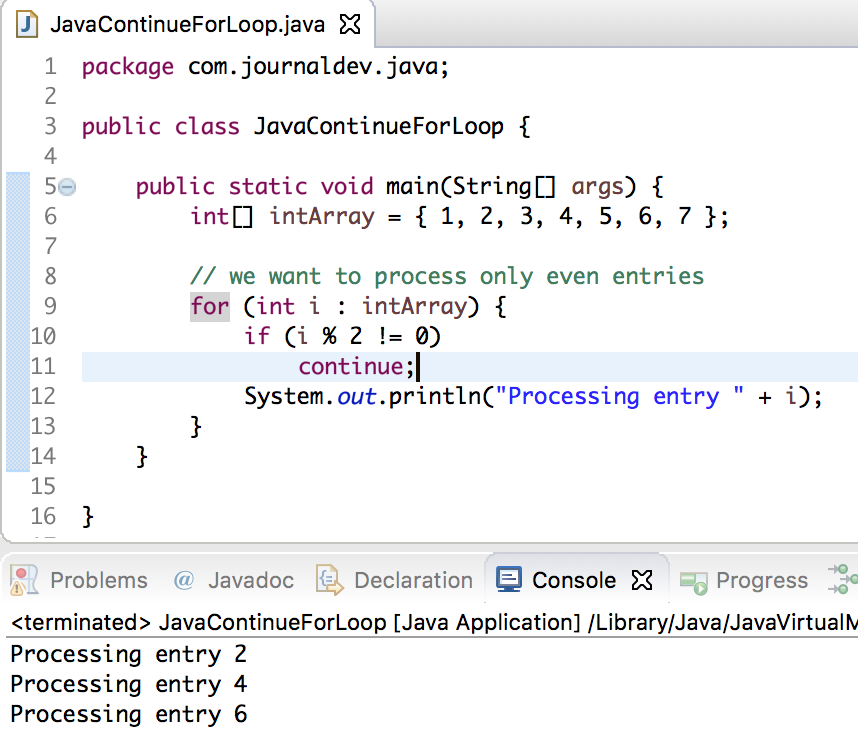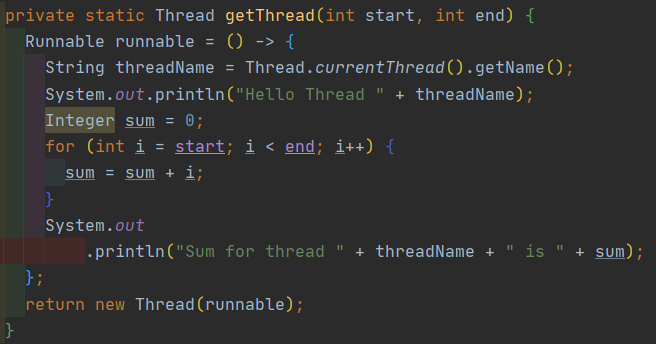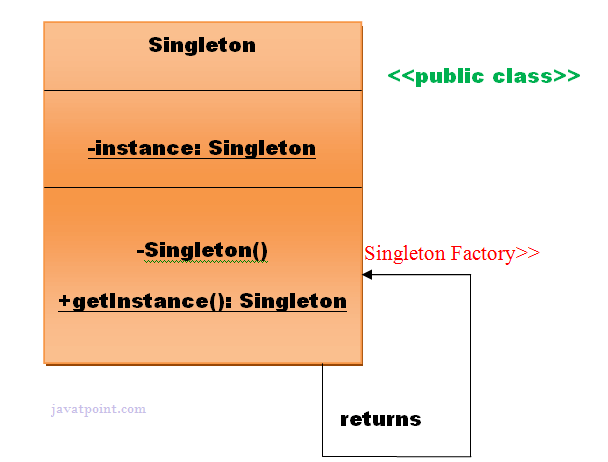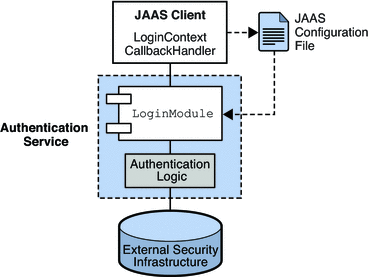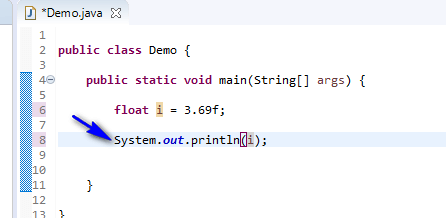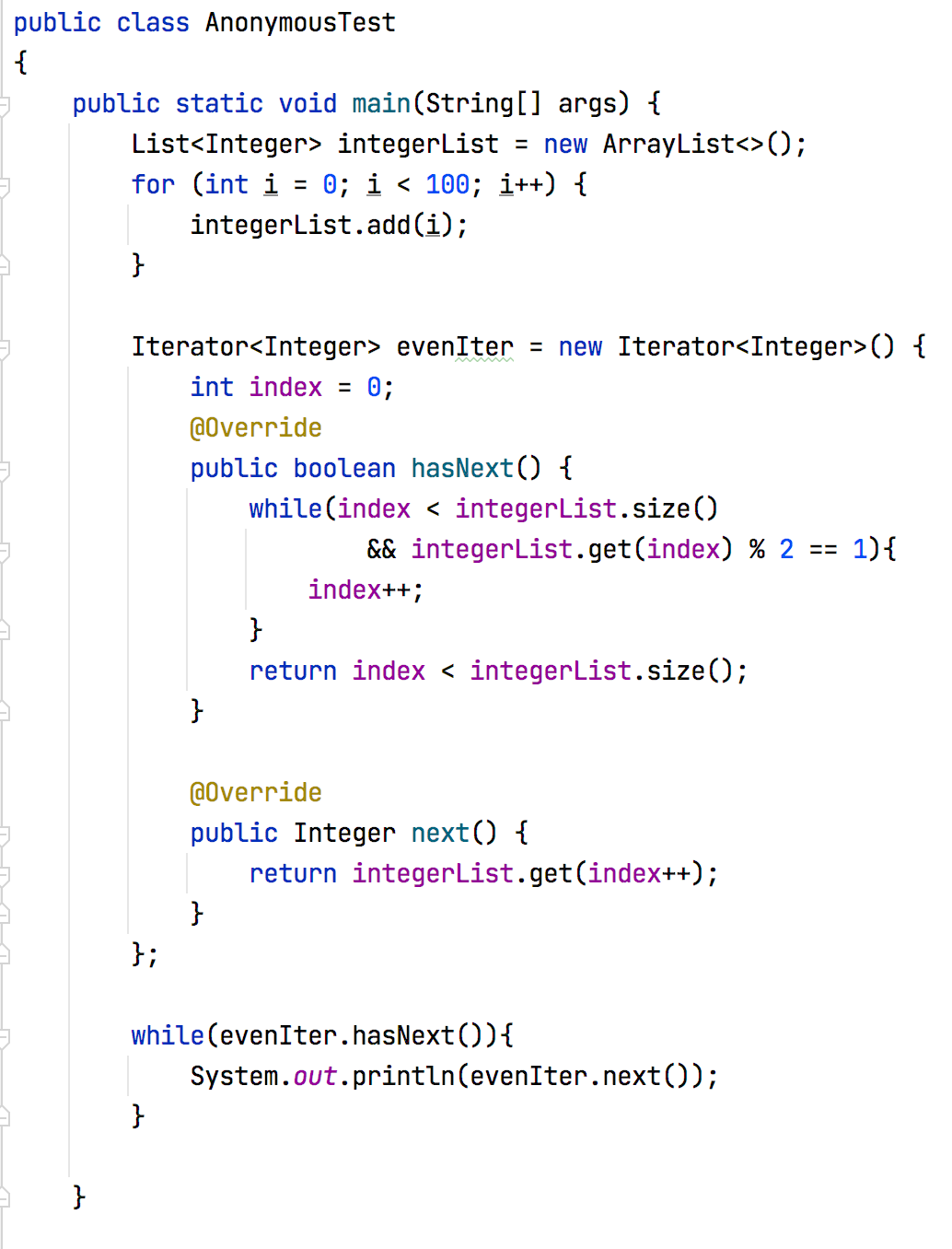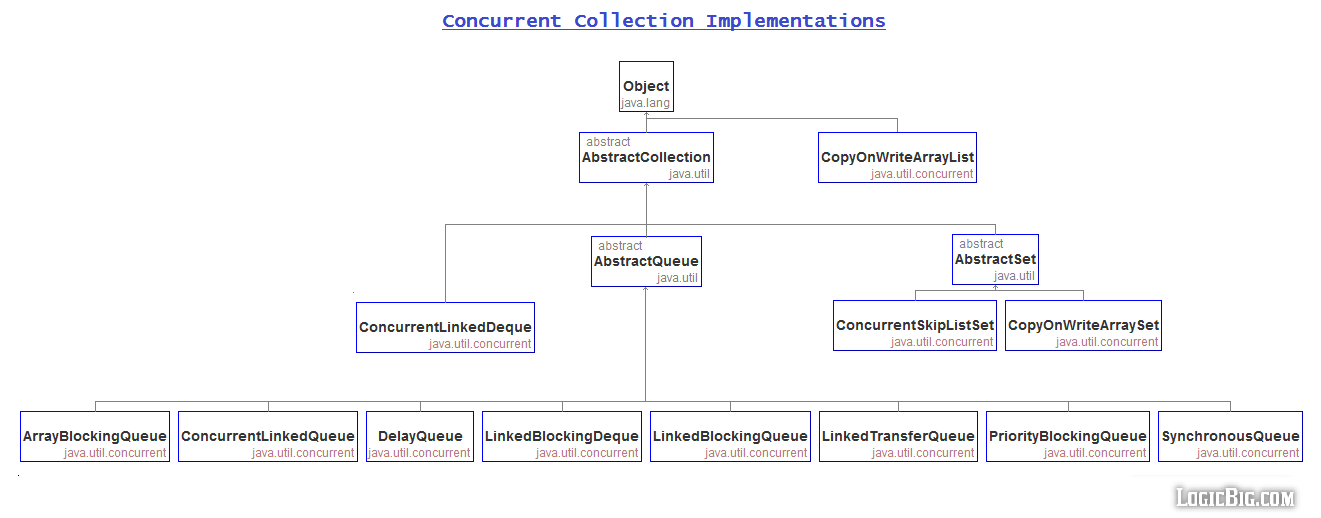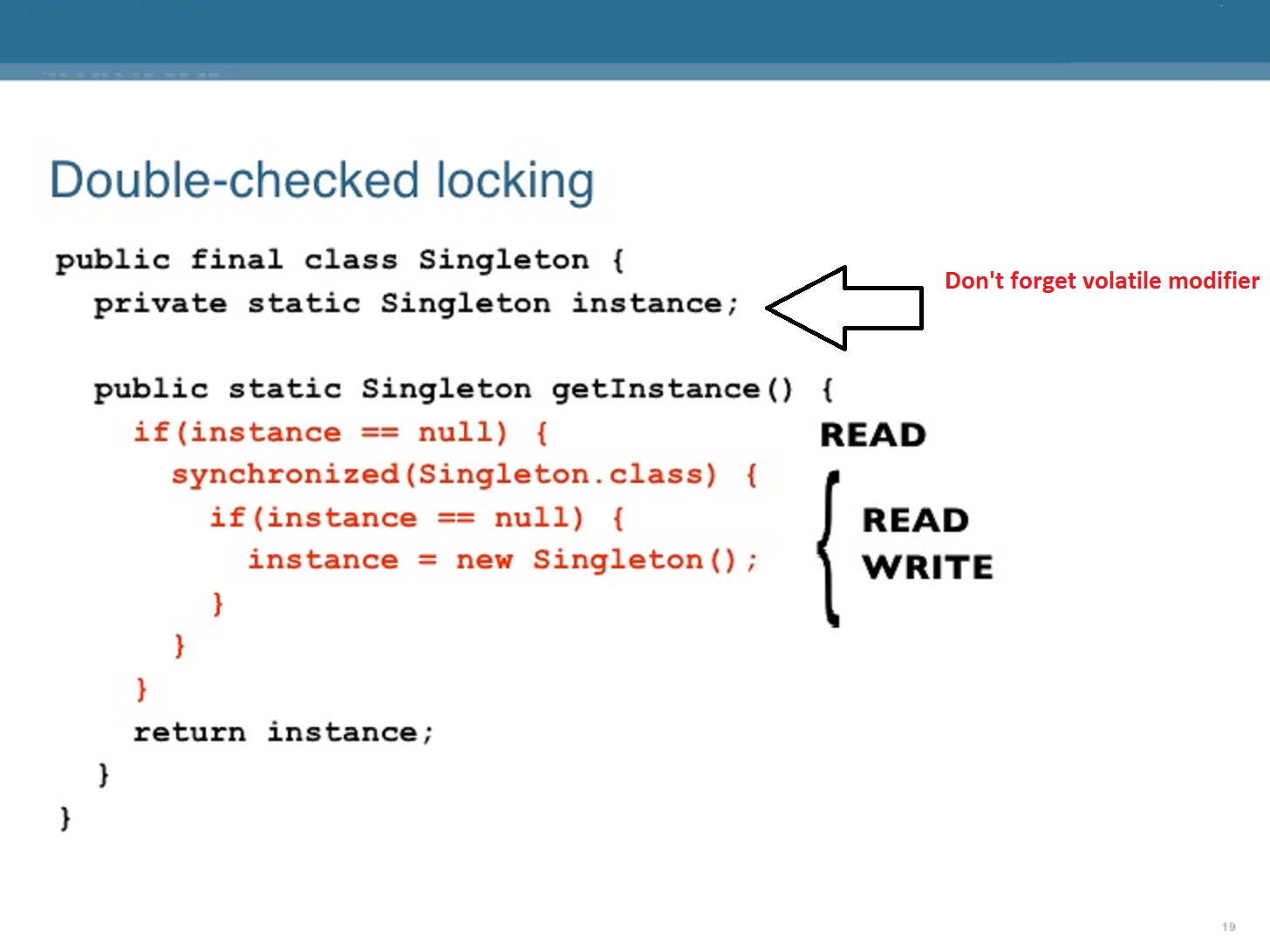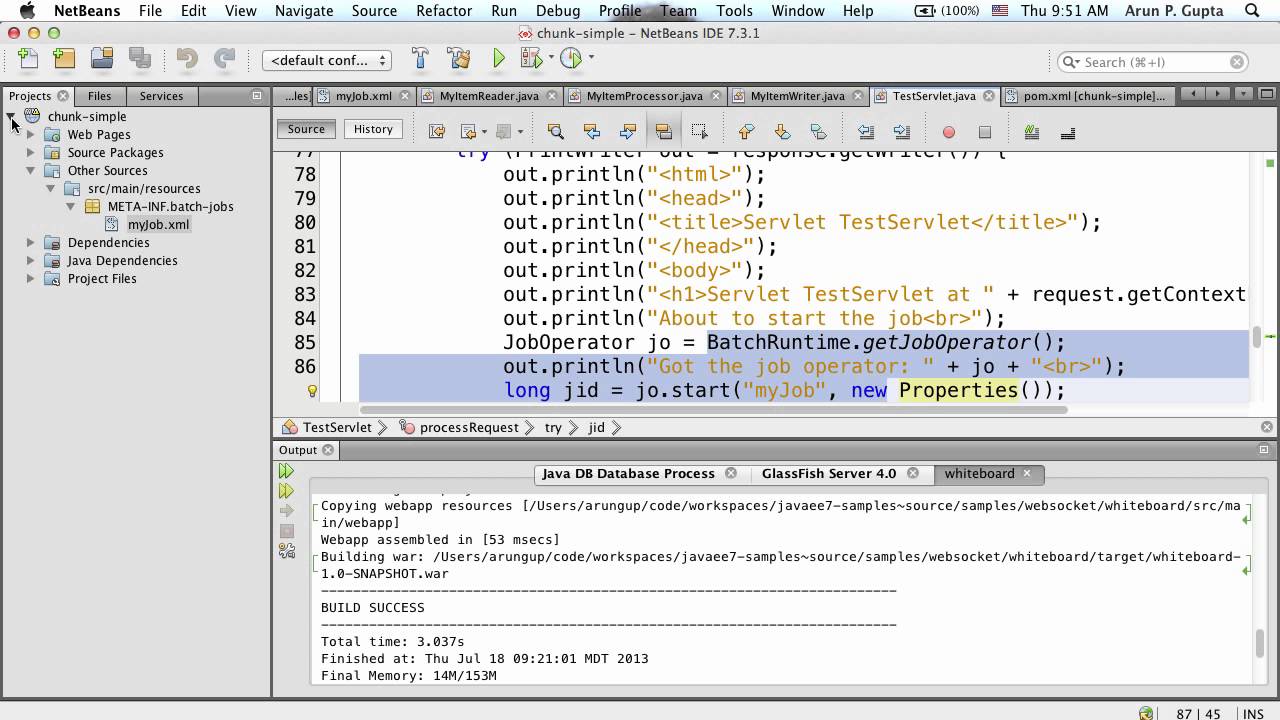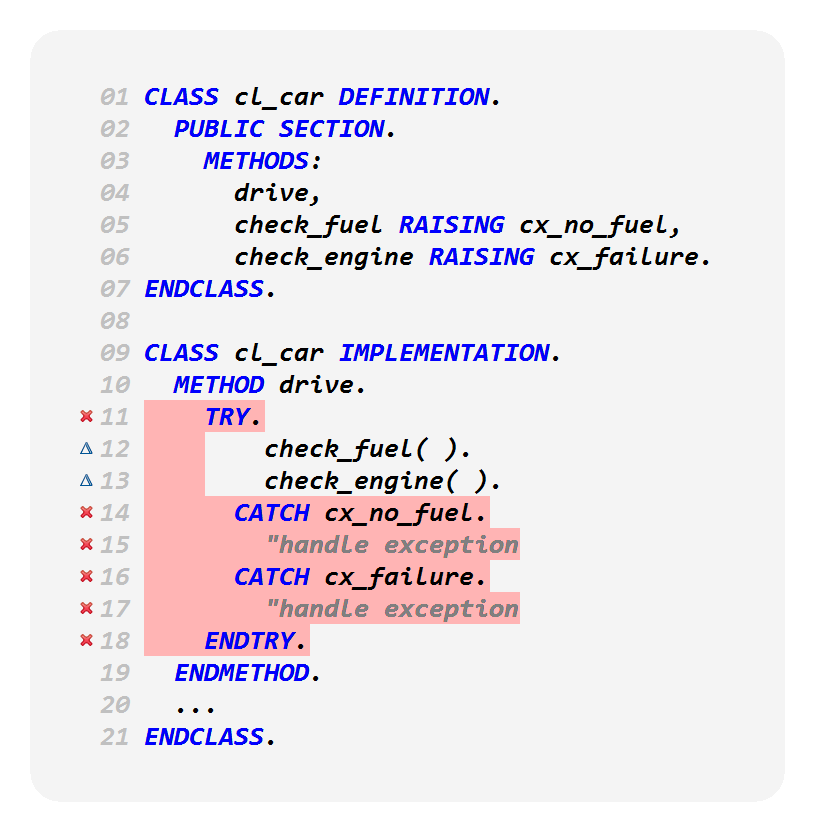What is a method vs function in Java?
What is a method vs function in Java?
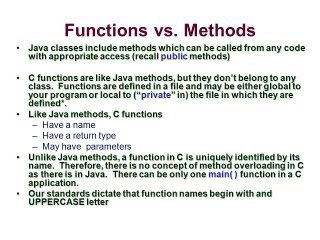
I'd be happy to explain the difference between methods and functions in Java.
In programming, both methods and functions are blocks of code that perform specific tasks. However, there are some key differences between the two terms in the context of Java programming.
Method:
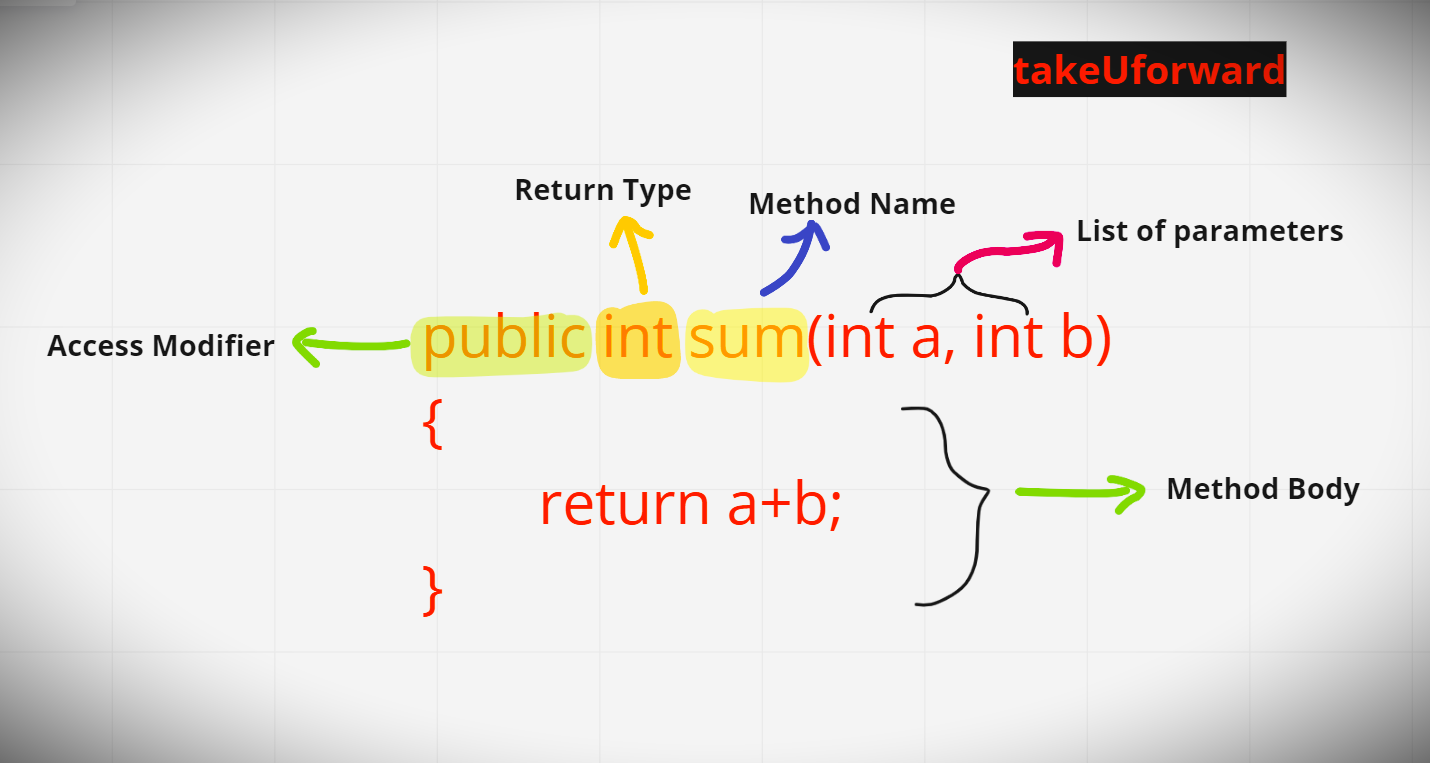
A method is a block of code that belongs to a class in Java. It is used to encapsulate behavior or functionality within an object-oriented programming (OOP) framework. Methods can be invoked on objects of the class, and they have access to the class's variables and other methods. In other words, a method is a way for a class to provide a specific piece of functionality that can be called by external code.
Here are some key characteristics of methods in Java:
Methods belong to a specific class. Methods can be invoked on objects of the class. Methods have access to the class's variables and other methods. Methods can return values or modify external state.For example, consider a Car class with a drive() method:
public class Car {
public void drive() {
// code for driving the car
}
}
You can create an instance of the Car class and call the drive() method on it:
Car myCar = new Car();
myCar.drive(); // calls the drive() method
Function:
In Java, a function is not a built-in concept like in other programming languages (e.g., C, Python). Instead, Java provides an alternative way to achieve similar functionality through its use of methods. Specifically, Java allows you to define static methods within a class that can be used as functions.
A function, in this context, is essentially a method that belongs to the class itself rather than an instance of the class. Functions are typically used when you want to perform some computation or operation without modifying any external state.
Here are some key characteristics of functions in Java:
Functions belong to the class itself (i.e., they are static). Functions do not require an object to be invoked. Functions have access only to their own variables and other static methods. Functions typically return values but do not modify external state.For example, consider a MathUtils class with a sqrt() function:
public class MathUtils {
public static double sqrt(double x) {
// code for calculating the square root
}
}
You can call the sqrt() function without creating an instance of the MathUtils class:
double result = MathUtils.sqrt(16); // calls the sqrt() function
Conclusion:
In summary, Java does not have a concept of functions like some other programming languages. Instead, it provides methods that can be used as functions by using static methods and ensuring they do not modify external state. While there is no fundamental difference between methods and functions in Java, the distinction lies in their scope (instance vs. class) and how they are invoked.
In Java programming, you will typically use methods to encapsulate behavior within classes and objects, while using static methods as a way to provide utility or functionality that can be used without creating an instance of a class.
What is a method in Java?
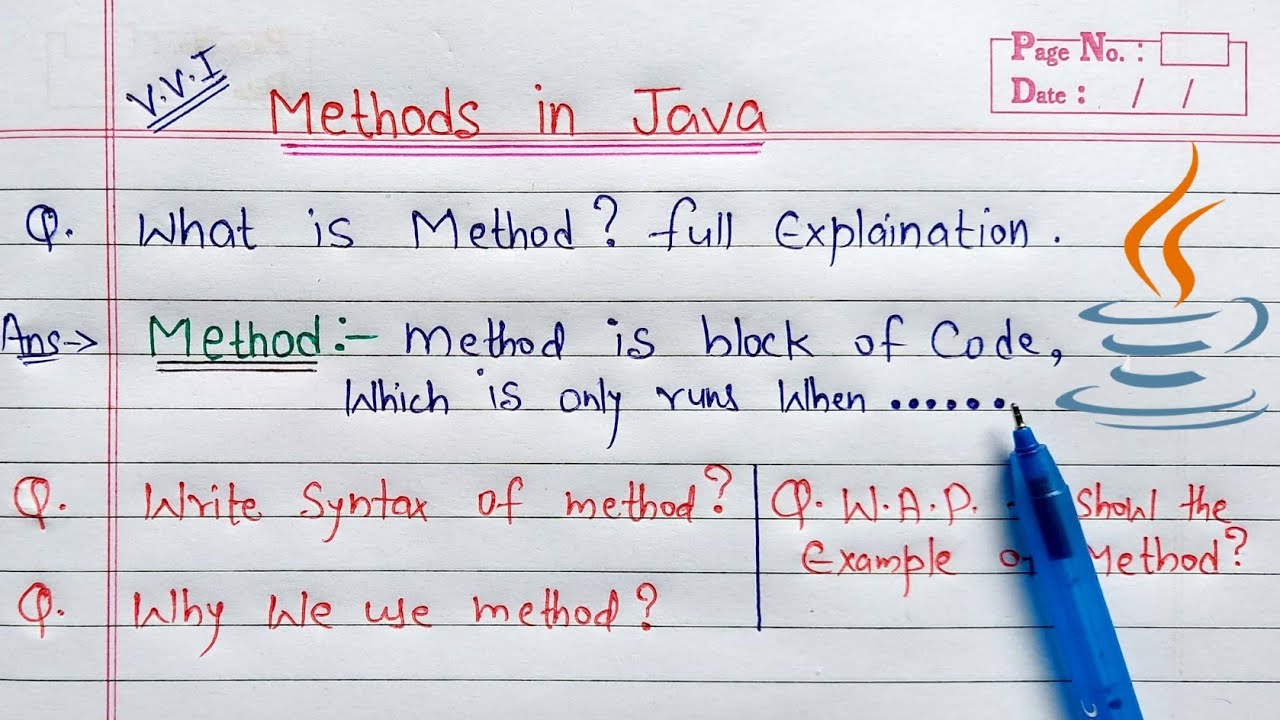
I'd be happy to explain the concept of methods in Java.
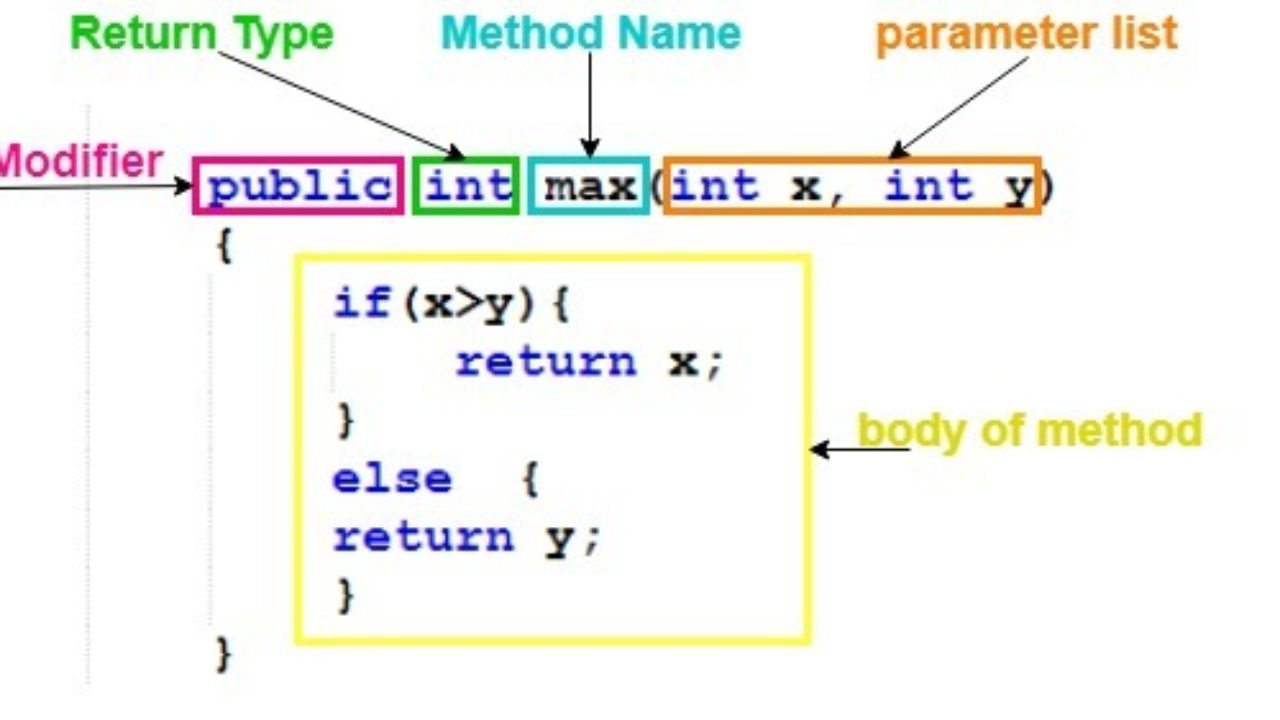
In Java, a method is a block of code that can be executed repeatedly with different inputs. It's essentially a reusable piece of code that performs a specific task. Methods are an essential part of object-oriented programming (OOP) and provide several benefits:
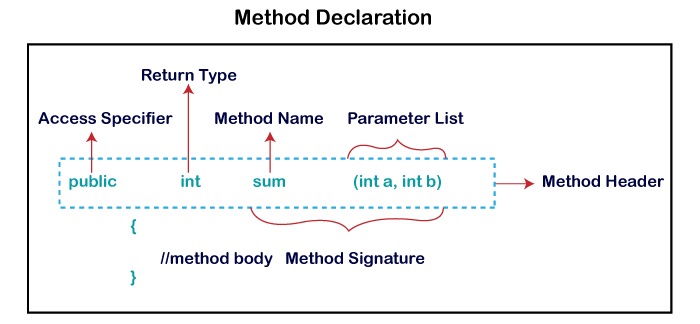
A method typically consists of:
Method name: A unique identifier for the method. Parameter list: A comma-separated list of input parameters that are passed to the method when it's called. Method body: The code block that performs the desired task. Return type: The data type returned by the method, if any.There are several types of methods in Java:
Instance methods: These are associated with an instance of a class and can access instance variables. Examples includepublic void doSomething() and private int calculate(). Static methods: These belong to a class rather than an instance and cannot access instance variables. Examples include public static int add(int a, int b) and private static String helloWorld(). Constructor method: A special type of method that's used to initialize objects when they're created. Constructors have the same name as the class and don't return any value.
To call a method in Java, you use the dot notation (e.g., myObject.myMethod()). You can pass arguments to methods using parentheses, like this: myObject.myMethod(arg1, arg2).
In summary, methods are an essential part of Java programming. They provide code reuse, modularity, encapsulation, and abstraction, making it easier to develop robust and maintainable software applications.
(Note: I'll be happy to explain any specific concepts or examples you'd like me to elaborate on!)


